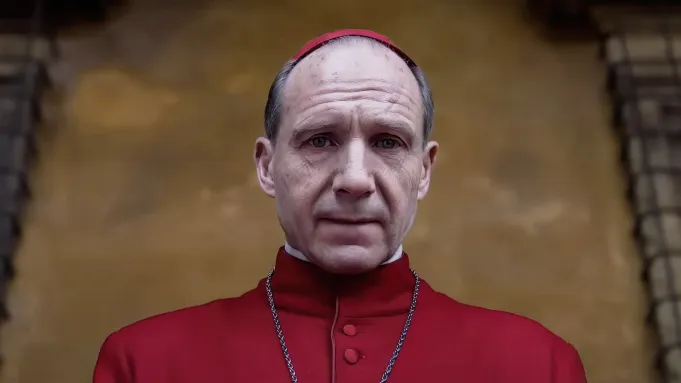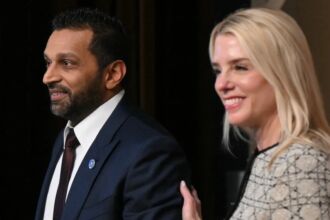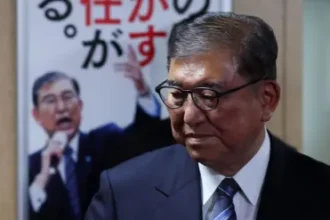The Trump administration has petitioned the U.S. Supreme Court to allow the dismissal of Hampton Dellinger, the head of the Office of Special Counsel (OSC), the federal agency tasked with protecting whistleblowers.
This move, revealed in legal documents obtained on Sunday, marks the administration’s first appeal to the high court since President Donald Trump assumed office for a second term.
The Justice Department’s emergency request urges the Supreme Court’s conservative majority to overturn a lower court’s order temporarily reinstating Dellinger.
His removal is part of a broader effort by Trump to reshape the federal workforce, challenging longstanding civil service protections.
Dellinger, appointed by President Joe Biden and confirmed in 2024 for a five-year term, contends that the law allows his removal only for job performance-related issues—none of which were cited in the email terminating him.
On Wednesday, a judge issued a temporary order reinstating Dellinger until February 26. However, a divided appeals court panel declined to lift that ruling on procedural grounds. The Supreme Court is not expected to act on the case until after the Presidents Day holiday, meaning a decision could come as early as Tuesday.
The administration argues that the ruling improperly restricts the president’s authority. Acting Solicitor General Sarah M. Harris stated in the Justice Department’s filing that the injunction forcing Trump to retain an agency head is unprecedented in U.S. history.
The administration is framing the case as a test of executive power, citing a recent Supreme Court decision that granted Trump immunity from criminal prosecution.
Dellinger’s firing is the latest move in Trump’s sweeping effort to shrink and restructure the federal government. The administration has recently dismissed a significant number of federal employees with civil service protections, a move Dellinger has called “unprecedented.”
The Justice Department argues that allowing the order to stand could embolden judges to interfere in the roughly 70 lawsuits already filed against Trump’s executive actions. The administration also points to past legal battles where courts have intervened, including blocking Treasury Department access for workers from Elon Musk’s so-called Department of Government Efficiency team.
The OSC, an independent agency, is distinct from Justice Department special counsels such as Jack Smith, who was appointed to investigate Trump in his first term.
The executive branch has historically argued, dating back to the Carter administration, that positions like Dellinger’s should fall under presidential hiring and firing authority.
As Trump’s legal team battles to secure more control over federal appointments, the Supreme Court’s decision in this case could have significant implications for executive power and the future of civil service protections.












